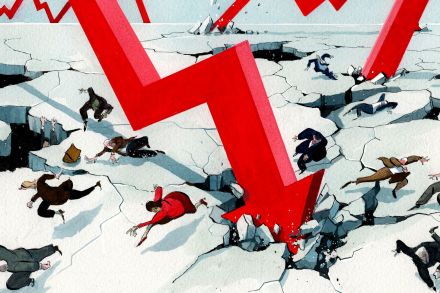Has Labour just found an election-winning argument?
Will Labour and the Tories be heading into the next election ‘following the same tram lines on spending?’ That was the question the BBC’s Laura Kuenssberg put to Rachel Reeves this morning, as the shadow chancellor insisted once again that the Labour party is committed to fiscal discipline, promising to ‘not play fast and loose




















